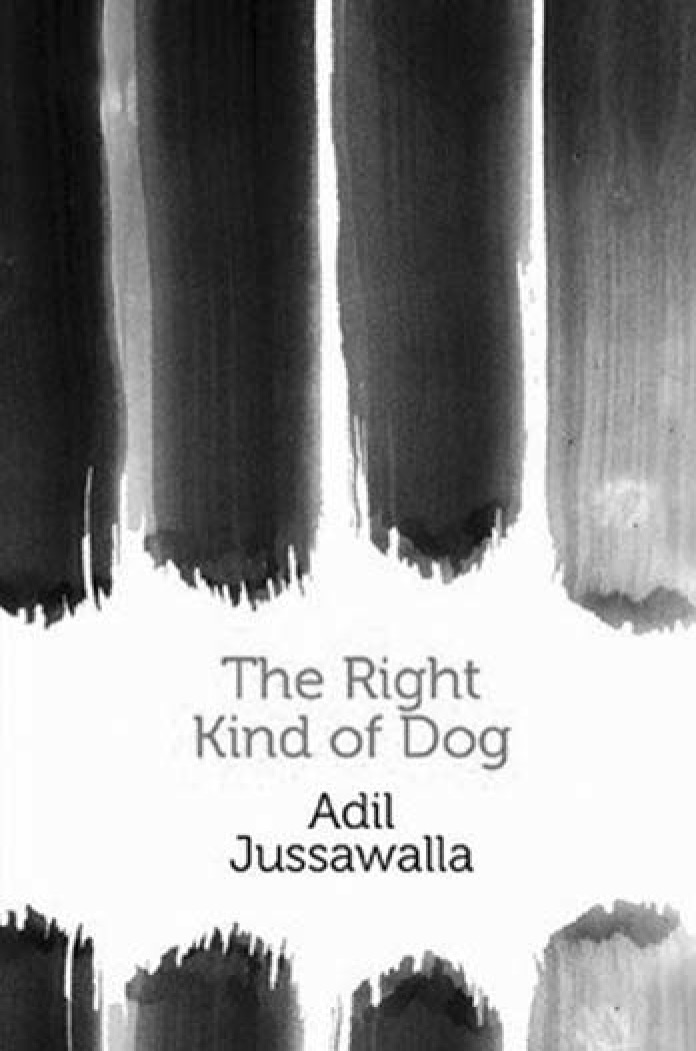We are at our best when we are young. And so the story goes downhill. From what I can remember, poetry meant something completely different to me when I was young and in school. It was that odd language, imperfectly printed, aligned and punctuated, and it stood for everything that I could not connect with. Worse still, it was unavoidable. Such is the predicament of our conversation with art at that febrile stage; it feels like a whole lot of smoke being blown in our face. Most of these conversations are taught, or ‘coached’, and it says something about the manner of doing so, that we carry it like a burden.
Something like poetry, so liberal, so vital in everything we do, and so synonymous with the burgeoning confusions and frustrations of that age, is woven into something so unapologetically pretentious, we begin to hate its form because it takes shape on its own. Compound that problem with the kind of poets and poetry chosen to regale this young mind with: Frost, Yeats, Whitman, Tagore, Das, Naidu and so on. At the risk of belabouring the formerly made point, the body of poetry dressed in its lavish vocabulary, sound and structure replaces what is, and should be so automatically inviting about it at that age—the random energy or the freedom of intellectual withdrawal. Adil Jussawalla’s The Right Kind of Dog, is in part the answer, but more crucially the question we need to ask on behalf of the young people being deprived of poetry they can connect with.


830692 900967Speedily and easily build your web traffic and PR, which provides Web site visitors to add your page to any social bookmarking web site. 476695
808336 12037I needs to spend some time studying more or working out more. Thanks for magnificent information I was searching for this info for my mission. 215977